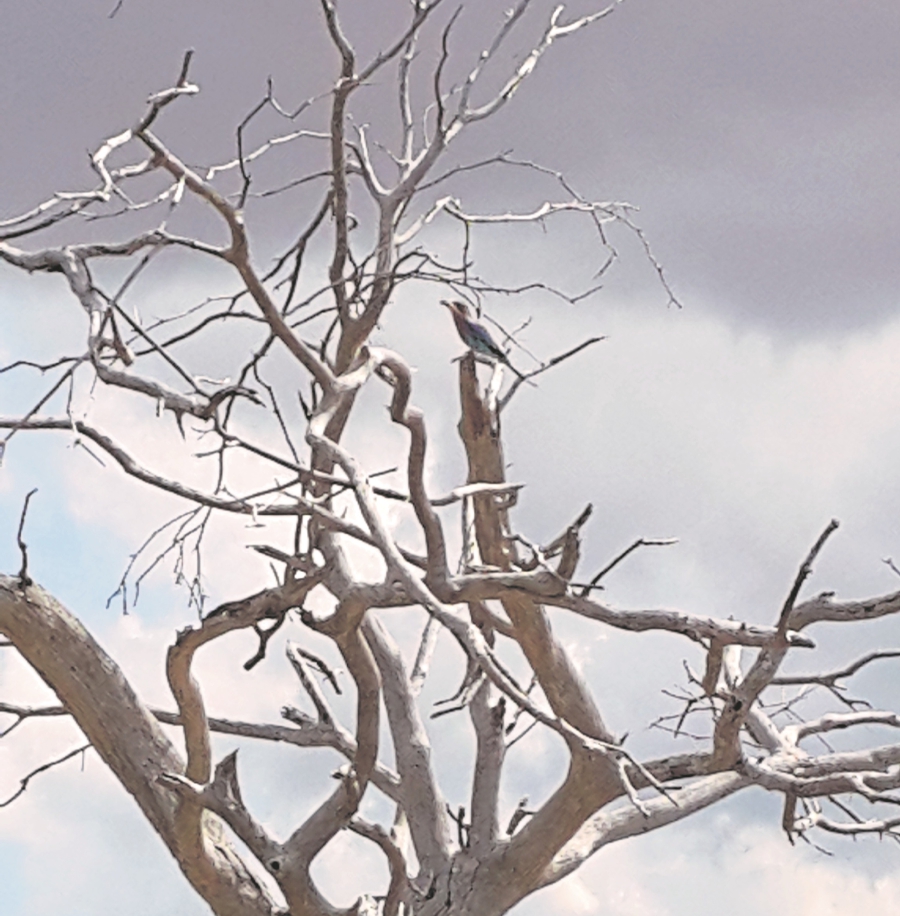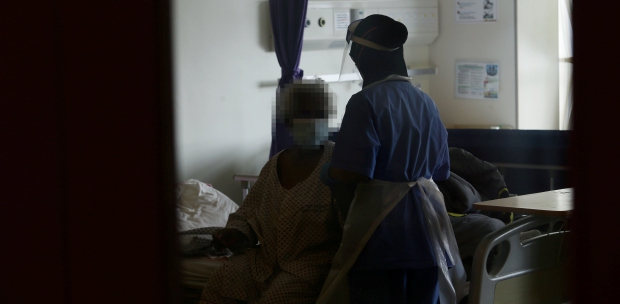THE mind travels back, negotiating the bends and deep pits of time. It sees a tree, rich in swaying boughs and sturdy roots. And fruit.
But in the present day, it sees this not. The tall durian tree at Mummy's place is bereft of its rich leaves from the past. Only a shadow of a ghost remains in that tangled green space.
Anthony in The Father feels the same loss. The elderly man says in tears and terror towards the end of the movie, his face scrunching up, "I want my Mummy... I feel as if I am losing all my leaves".
He is ill. He is suffering from dementia.
For him, as it is for us, life is one scene after another. But for him, unlike us, the scenes may be real, or they may be a mirage. The closest we get to this is in the strangeness of dreams.
One time, his daughter, Anne, tells him she is leaving for Paris. But at another time and place, she emphatically says she does not have plans to move to the French city.
Anthony is not lying, neither is she.
Watching the story unfold is distressing and draining, and fills me with a deep sense of foreboding. What if I become like him? Or Anne? How would I respond to worlds each moment appearing and disappearing?
I had a front-row glimpse into this dreaded reality a few years ago, sitting at a table with a friend and his dear mother. Slim and short was she, with small, weary eyes and thin lips.
Well I remember the starless and sombre night. It was her husband's funeral.
I spoke to her a little, about myself, where I came from, and what I did for a living. The former teacher smiled and listened. After a moment too short to mention, she again asked me who I was, and where I lived.
Truth be told, this was not the first time I had met her. But for her, it was always the first time. The poor soul had dementia.
So do 50 million others around the world, according to the World Health Organisation last year. It says millions of new cases are added each year. Alheizmer's disease may account for 60 to 70 per cent of the total figure.
That's a huge number by any measure, even in a Covid-19-infested world.
While dementia is a non-communicable disease, it's as horrible as the worst. The mind is untethered from its moorings, drifting alone in an ocean as loved ones vainly call out. The sickness takes so much out of a person, and offers much grief in return.
A new drug, Aducanumab, may change all this. It was approved by US regulators early this month.
The BBC says experts are "divided" over the efficacy of the therapy. But the US Food and Drug Administration said there was "substantial evidence Aducanumab... is reasonably likely to predict important benefits to patients".
I pray it helps the sufferers — the patients and their families. For the fires of sorrow are great.
Another friend, Naomi, tells me how gaping is the wound. Her mother, too, has had dementia for the past three years.
"To be truthful, it is painful to see Mum in last-stage dementia. She needs medical care, is tube-fed and can't talk."
Does she recognise you, I ask her.
"Her face lights up when she sees me, but she can't express herself. She doesn't understand what's going on around her and is in a world of her own."
When she first learnt that her mum had the disease, Naomi was overwhelmed.
"I felt guilty and sad, and often cried. Watching her decline as the illness steals her away is heartbreaking.
"But I try to recognise and respond to her emotional needs and enjoy the moment with her and not spend too much time thinking about what the future may hold."
In that assurance of the present did the caregiver at the nursing home comfort a sobbing Anthony in The Father.
"We will go for a walk in the park… because it's such a lovely day. We have to go while it's sunny. We have to take that chance because it never lasts long when the weather's this good, does it?"
Anthony, Naomi's dear mother and other dementia sufferers may be like trees losing all their leaves. But our minds, going back and negotiating the bends and deep pits of time, must behold who they once were.
And realise what they always will mean to us, even in the darkest moments. And comfort them while the weather's still good.
The writer is NST Production Editor






